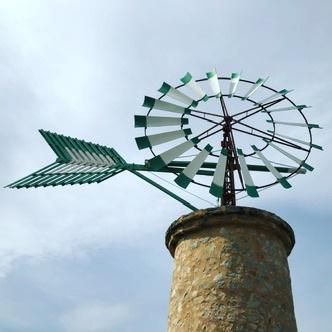How does the political environment in the Balearic Islands influence attitudes towards the Catalan language?
Similar Topics
balearic islands politics
catalan language status
balearic catalan
language policy balearics
regional identity catalan
catalan education policy
bilingualism balearics
catalan cultural autonomy
The political environment in the Balearic Islands plays a significant role in shaping attitudes towards the Catalan language, also known locally as Balearic Catalan or simply Catalan. The islands, as part of the autonomous community of the Balearic Islands within Spain, have their own government and a degree of legislative power, including language policy. Catalan holds co-official status alongside Spanish, which fosters institutional support for its use in education, government, and public signage. This official recognition encourages pride in the language as a key component of regional identity, particularly in cultural and political circles that emphasize the distinctiveness of Balearic heritage.
Political parties in the Balearic Islands often vary in their promotion of Catalan, with regionalist and nationalist groups advocating more vigorously for its active presence in public life. Meanwhile, more conservative or centralist parties might adopt a balanced or less assertive stance, viewing bilingualism pragmatically in relation to Spain’s broader political context. This dynamic influences public attitudes by framing Catalan both as a cherished local tradition and as a practical everyday language, especially where tourism and business bring extensive Spanish and international influences. The political discourse around Catalan tends to emphasize its historical roots and connection to cultural autonomy, which strengthens local support for maintaining and revitalizing the language.
Despite this generally positive institutional backing, the Balearic Islands also reflect broader national debates on linguistic coexistence. Some residents may prioritize Spanish due to economic considerations or migration patterns, affecting their everyday language preferences. However, the political environment, with its promotion of multilingualism and the protection of Catalan as a cultural asset, tends to foster an atmosphere of respect and preservation rather than conflict. Educational policies requiring the teaching of Catalan ensure that future generations remain familiar with the language, which bolsters its long-term vitality. Thus, the political context in the Balearic Islands ultimately nurtures attitudes that regard Catalan as both a symbol of regional identity and a living language integral to community life.
Political parties in the Balearic Islands often vary in their promotion of Catalan, with regionalist and nationalist groups advocating more vigorously for its active presence in public life. Meanwhile, more conservative or centralist parties might adopt a balanced or less assertive stance, viewing bilingualism pragmatically in relation to Spain’s broader political context. This dynamic influences public attitudes by framing Catalan both as a cherished local tradition and as a practical everyday language, especially where tourism and business bring extensive Spanish and international influences. The political discourse around Catalan tends to emphasize its historical roots and connection to cultural autonomy, which strengthens local support for maintaining and revitalizing the language.
Despite this generally positive institutional backing, the Balearic Islands also reflect broader national debates on linguistic coexistence. Some residents may prioritize Spanish due to economic considerations or migration patterns, affecting their everyday language preferences. However, the political environment, with its promotion of multilingualism and the protection of Catalan as a cultural asset, tends to foster an atmosphere of respect and preservation rather than conflict. Educational policies requiring the teaching of Catalan ensure that future generations remain familiar with the language, which bolsters its long-term vitality. Thus, the political context in the Balearic Islands ultimately nurtures attitudes that regard Catalan as both a symbol of regional identity and a living language integral to community life.
🧩 Related Questions
Related Question
What is the best time of day to visit Mallorca’s markets for the freshest ingredients and best atmosphere?
Related Question
What makes carob a good alternative to chocolate for travelers with dietary restrictions?
Related Question
What role does open flame cooking play in the preparation of authentic Mallorcan cuisine?
